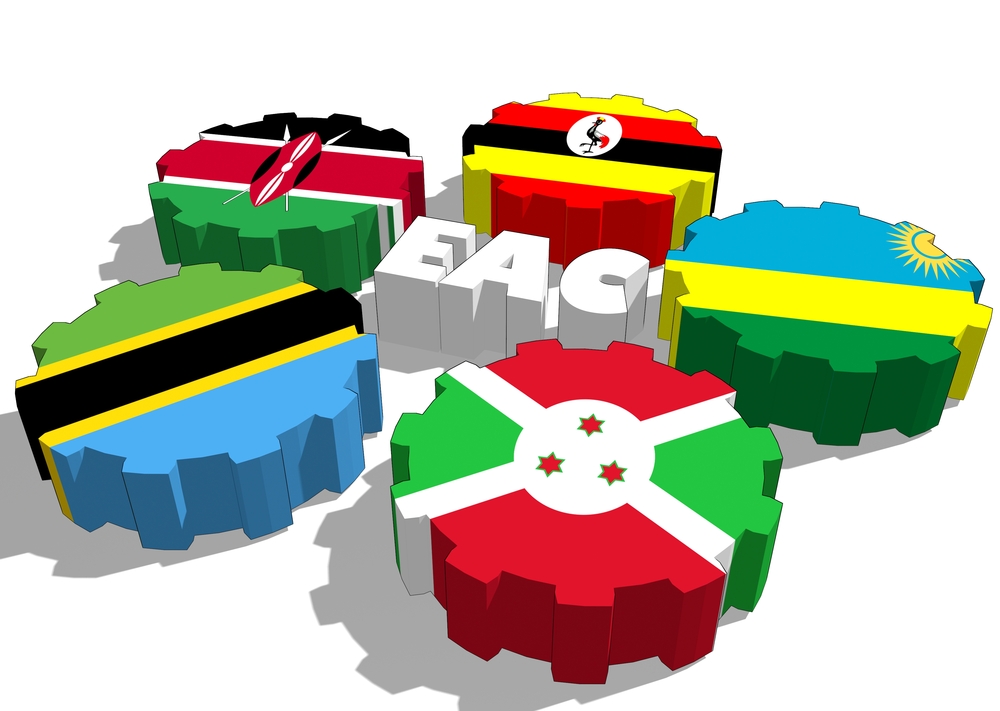East Africa mirrors West Africa’s Challenges to Impact Investing

Please note that we are not authorised to provide any investment advice. The content on this page is for information purposes only.
Gaining momentum since 2006, the impact investing concept is now 9 years old but it is yet to be well established in many emerging markets including East Africa. As opposed to the maturity expected of an industry after such a long period of time, this particular sector is still nascent in the region according to a report by Global Impact Investing Network (GIIN). The impact investing industry is facing a number of challenges both from the supply side (impact investors) and the demand side (local entrepreneurs) that are delaying its growth within the region.
Gaining momentum since 2006, the impact investing concept is now 9 years old but it is yet to be well established in many emerging markets including East Africa. As opposed to the maturity expected of an industry after such a long period of time, this particular sector is still nascent in the region according to a report by Global Impact Investing Network (GIIN). The impact investing industry is facing a number of challenges both from the supply side (impact investors) and the demand side (local entrepreneurs) that are delaying its growth within the region.
The research report by the Global Impact Investing Network (GIIN) on “Impact Investing in West Africa – April 2011” highlights salient issues that have parallels with the challenges the sector is facing in East Africa.
Challenges on the demand side (entrepreneurs)
On the demand side, the GIIN report highlights lack of relevant skills and access to information by many entrepreneurs as a barrier to impact investment. The many entrepreneurs in the West Africa region just like in East Africa are small businesses. Most of them lack the entrepreneurial spirit to build their business ideas into sustainable business models that can attract external investors. This combined with the unwillingness to give up equity in their businesses for fear of losing control makes it hard for investors to channel their money into the businesses.
Also barring investors from putting money into promising business ventures in the two regions is the unwillingness to convert from informal to formal businesses. With small well established businesses making decent incomes for their owners, many entrepreneurs do not see the incentives to formalize their businesses. In addition, in some countries the business formalization processes are long and complex; thereby discouraging entrepreneurs from scaling their businesses.
Deal sizes also happen to be very small in most cases hence discouraging the impact investors from deploying their money to the businesses due to high transaction costs. In West Africa for example the GIIN report records deal sizes of between $1,000 and $100,000; which are uneconomical for most investors. This coupled with the unwillingness by the impact investors to customize their investment policies and criteria to suit local businesses leads to many potentially viable ventures being left unfunded.
Challenges on the supply side (impact investors)
On the supply side, there was a challenge of lack of self-identification as an industry and clarity of what impact investing actually meant to the local people. The perception of pursuing social goals together with economic goals in a business could not be understood by local institutional investors and high net worth individuals. However, the tide is changing on this as more awareness is being created by the impact investing proponents in both regions.
The big challenge now for the investors is lack of local intermediaries with high expertise to develop the local businesses to be investor ready. Many businesses lack financial data and non-financial performance records that are essential in business screening before investing in them. It therefore becomes a hard and expensive venture for the investors to source for deals and start screening them from scratch with no organized financial records.
To fill this gap, management consultancy and other business advisory firms need to intermediate the processes and help bridge the gap for both the investors and the entrepreneurs. In East Africa, we have a leading strategic business consultancy firm Open Capital Advisors that started five years ago; and it is providing high quality intermediary services of preparing entrepreneurs to be investor ready as well as conducting due diligence for investors.
The other challenge the impact investors are facing is lack of clear exit strategies. With no tracking and documentation of successful exits in the past, new investors are treading cautiously as they look for viable businesses to invest in. Tracking and documentation of successful investments and exists in the industry could be the eye opener to many pessimistic investors; as well as build confidence in others to increase their current investments in the two regions.
In a summary, the major challenges facing impact investing currently are entrepreneurs who are not ready for investment, coupled with investors with rigid investment policies and criteria. There is therefore a dire need for intermediary business advisory firms on the ground to prepare the entrepreneurs for impact investing. On the other hand, impact investors need to flex their investment policies and criteria to suit the businesses available on the ground within the East Africa region.




